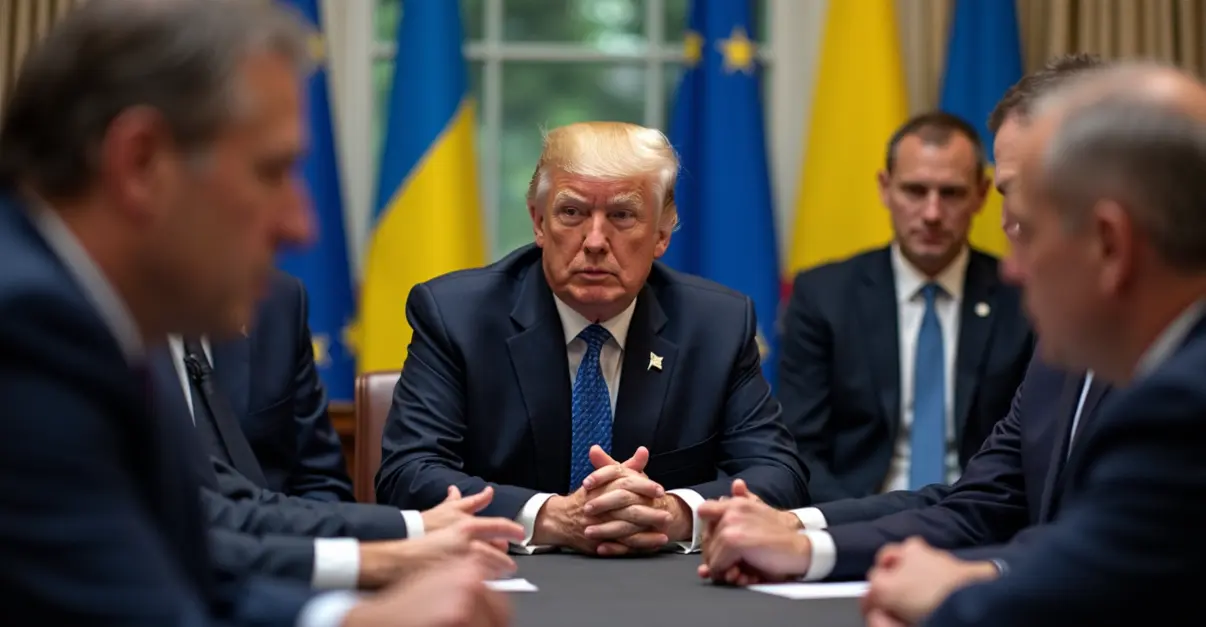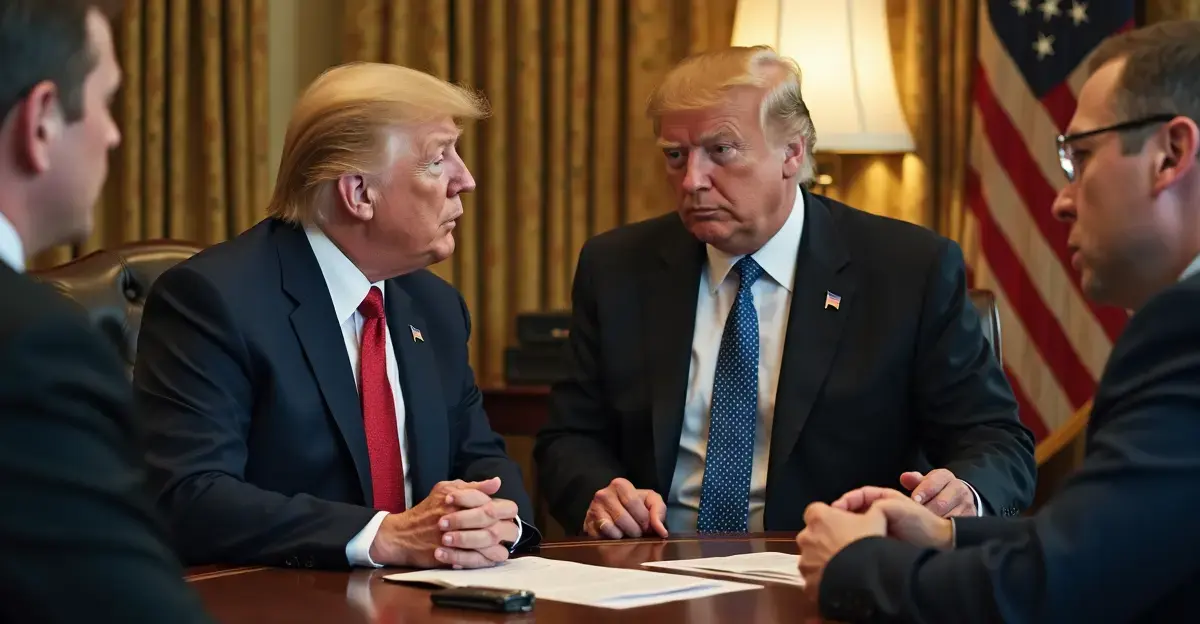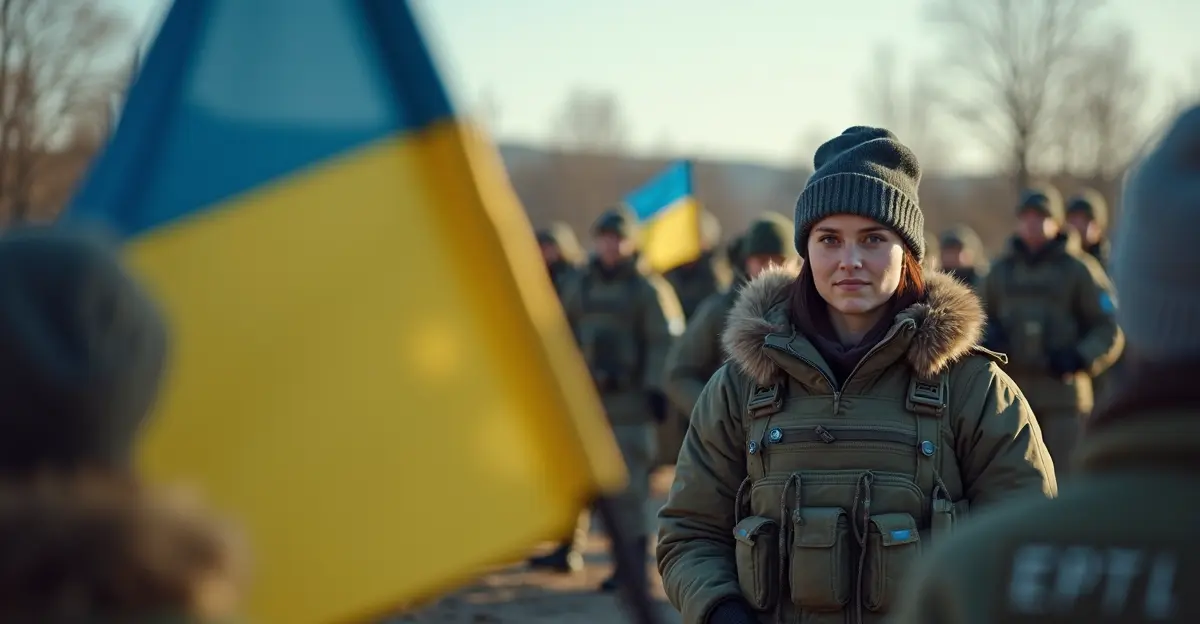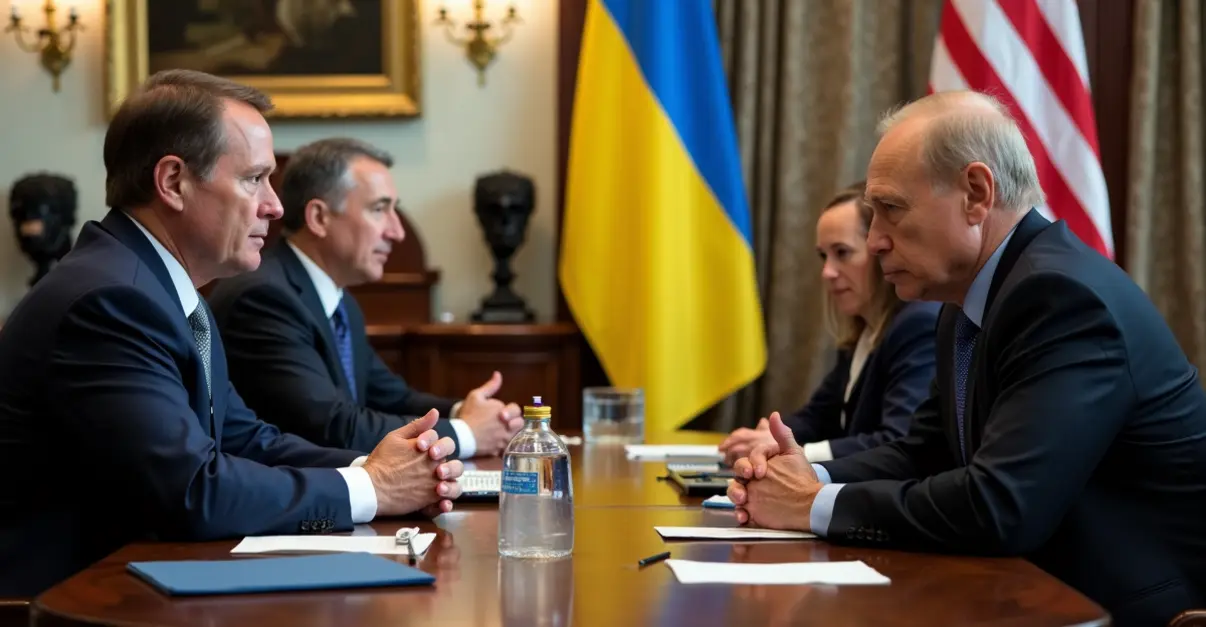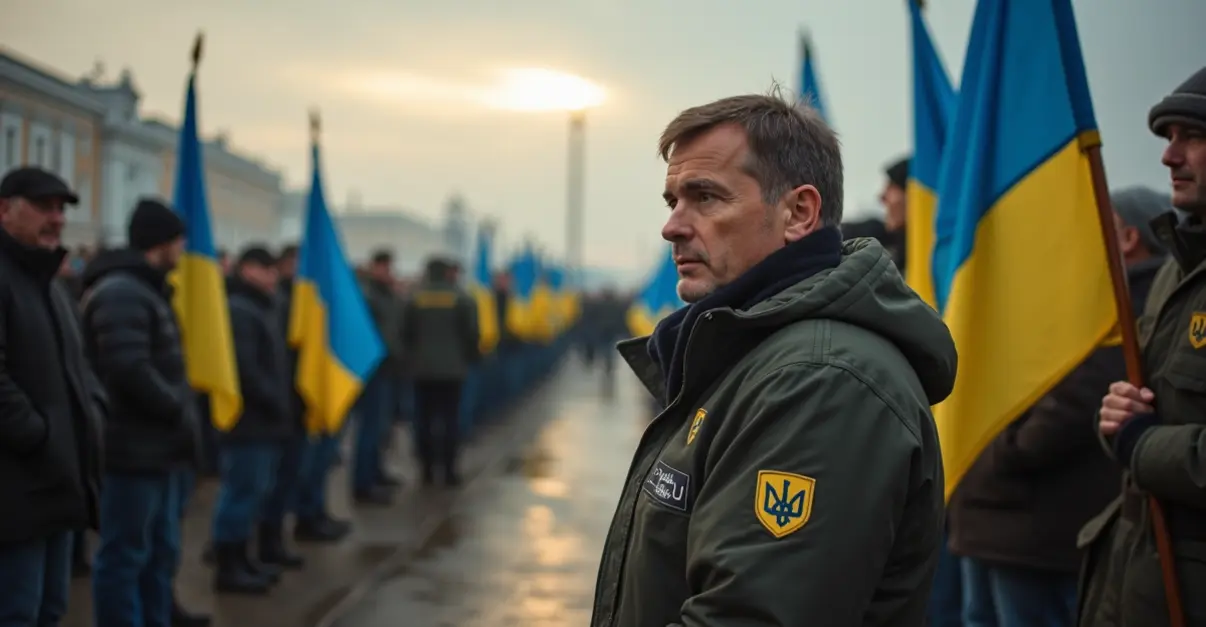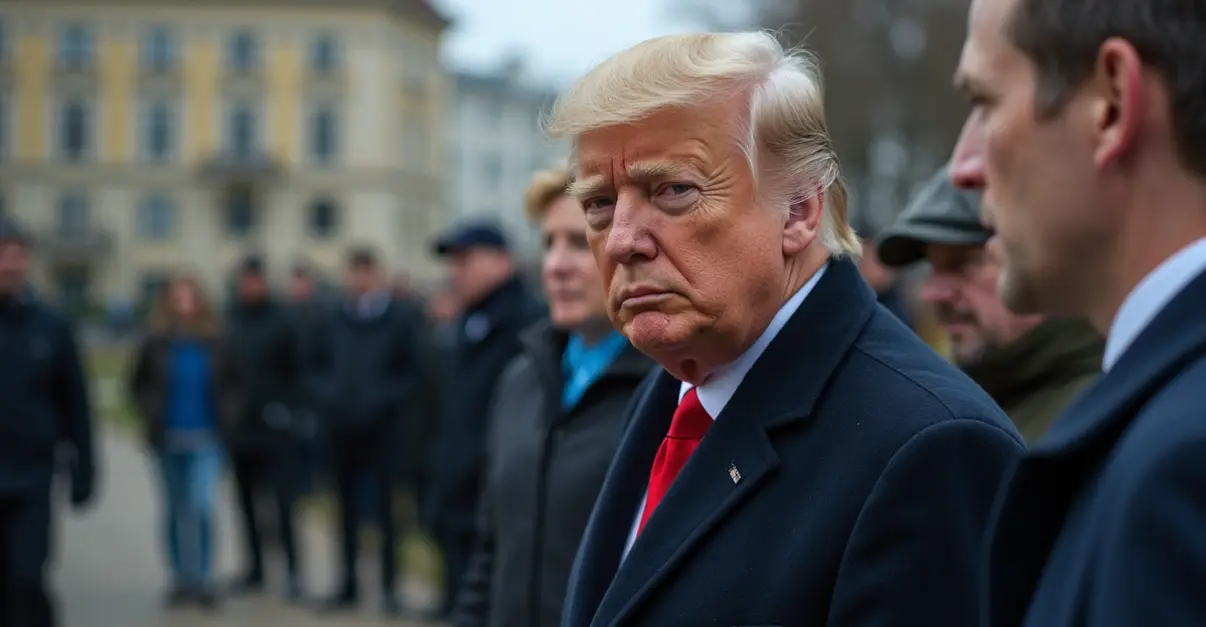Ukraine Ready for Further Peace Negotiations
Ukrainian President Volodymyr Zelensky has announced his country's willingness to continue discussions about the American-proposed peace plan to end the war with Russia. In a significant development, Zelensky emphasized the need to address sensitive aspects of the proposal through direct talks with President Donald Trump, with European allies present at the negotiating table. 'There is still much work to be done,' Zelensky stated, acknowledging the complexity of the ongoing diplomatic efforts.
Revised 28-Point Framework
The original 28-point plan presented by the United States and Russia has undergone modifications following extensive consultations with Ukrainian leadership and European partners. According to White House officials, these changes represent adjustments to 'details' rather than fundamental alterations to the framework. The proposal, which initially required Ukraine to cede additional territory beyond the approximately 20 percent currently occupied by Russia and reduce its military forces significantly, has been a source of contention between Kyiv and Moscow.
European Involvement and Counter-Proposals
European leaders have played an increasingly active role in the peace process, with Zelensky holding a video conference that included, for the first time, U.S. Secretary of State Marco Rubio alongside European counterparts. The Ukrainian president has called upon European allies to develop a comprehensive plan for deploying an international stabilization force in Ukraine and to maintain support for his nation as long as Moscow shows no genuine intention to end hostilities. 'European leaders have repeatedly stated that borders cannot be changed by force,' a senior EU diplomat noted, reflecting the continent's firm stance on territorial integrity.
Diplomatic Momentum Builds
Recent days have seen intensified diplomatic activity, with American delegations engaging both Ukrainian and Russian officials. President Trump has dispatched special envoy Steve Witkoff to Moscow for discussions with Russian President Vladimir Putin, while simultaneously sending Secretary of the Army Dan Driscoll to meet with Ukrainian officials in Kyiv. 'We are getting very close to a deal,' Trump remarked, though he provided no specific timeline for when final agreements might be reached.
Key Sticking Points Remain
The most contentious issues continue to revolve around territorial concessions and military limitations. Ukraine has consistently maintained that it will never formally agree to surrender Ukrainian territory, while Russia appears unwilling to compromise on its territorial demands. According to sources familiar with the negotiations, Ukraine and its allies have proposed modifications to critical aspects of the plan, suggesting that front lines could be 'frozen' rather than territories formally ceded, and accepting only limited military reductions rather than the substantial cuts initially proposed.
International Pressure and Sanctions
European leaders have emphasized the importance of maintaining pressure on Russia through continued sanctions. France and other nations are working to unlock frozen Russian assets to ensure financial support for Ukraine's reconstruction. There are also discussions about establishing a joint task force between the United States and coalition countries to guarantee security assurances for Ukraine once peace is achieved. 'The ball is now in Russia's court,' commented a Western official involved in the negotiations, highlighting Moscow's crucial role in determining whether progress can be made toward ending the nearly four-year conflict that has claimed tens of thousands of lives and displaced millions of Ukrainians.

 Deutsch
Deutsch
 English
English
 Español
Español
 Français
Français
 Nederlands
Nederlands
 Português
Português
